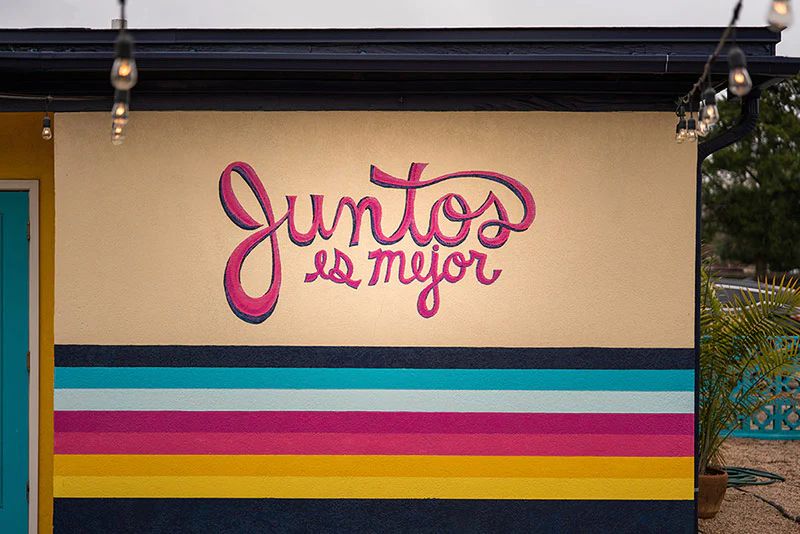
Recipe Highlight: Chef Claire Risoli's Vegan Ceviche

Sep 15
It's Latino Heritage Month, a month-long celebration of culture, heritage, and our beautiful community. To us, this month is all about honoring our roots, reflecting on the ways heritage shapes and inspires us, and telling our stories as a community. We're honored to highlight chefs in our Latino community, starting with Chef Claire Risoli who is sharing her heritage-inspired recipe for Vegan Ceviche. By honoring our past, we hope to spark the future—together.
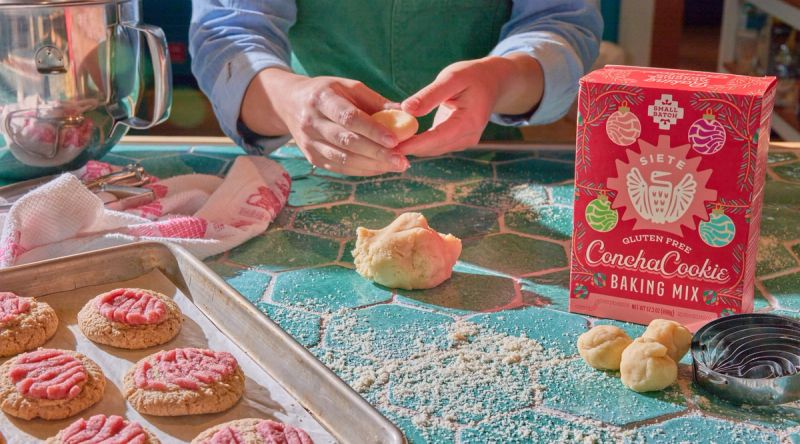
Siete Small Batch
Siete Small Batch: Concha Cookie Baking Mix
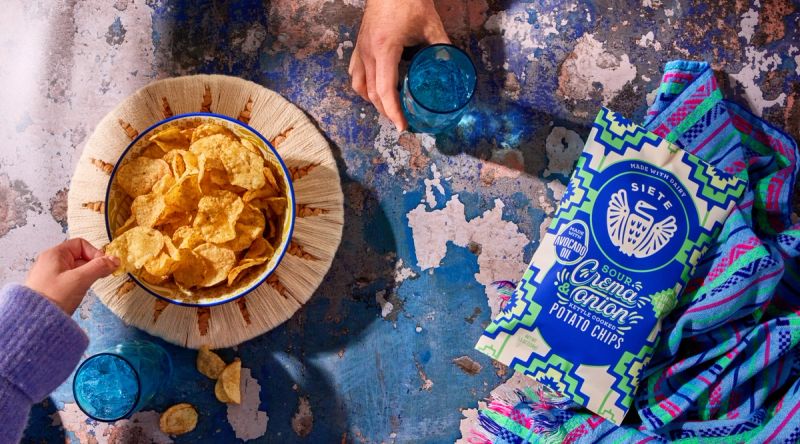
Siete Small Batch
Siete Small Batch: Sour Crema and Onion Kettle Cooked Potato Chips

Siete Small Batch
Siete Small Batch: Orange Pepper Fajita Seasoning
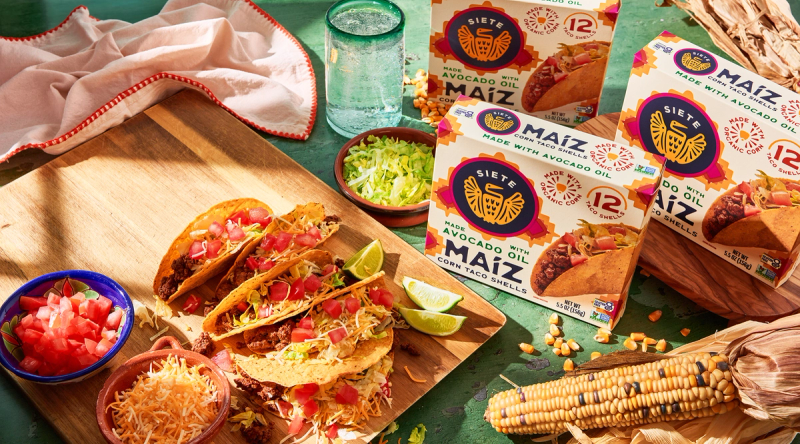
Introducing Our New Maíz Corn Taco Shells!
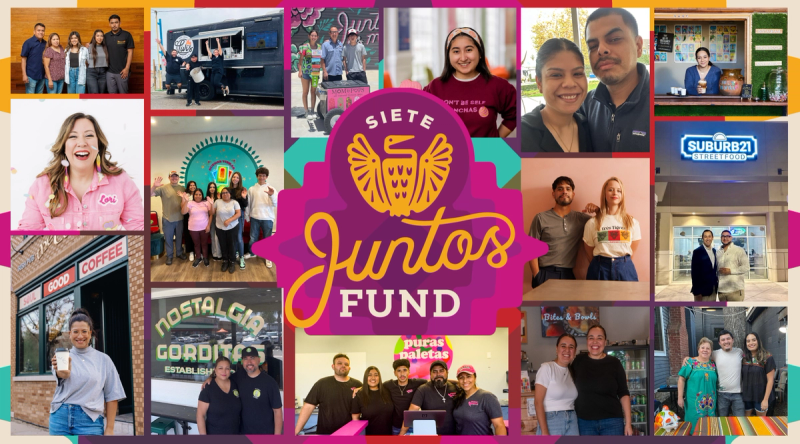
Juntos Fund
Our 2024 Juntos Fund Recipients

Siete-Pedia
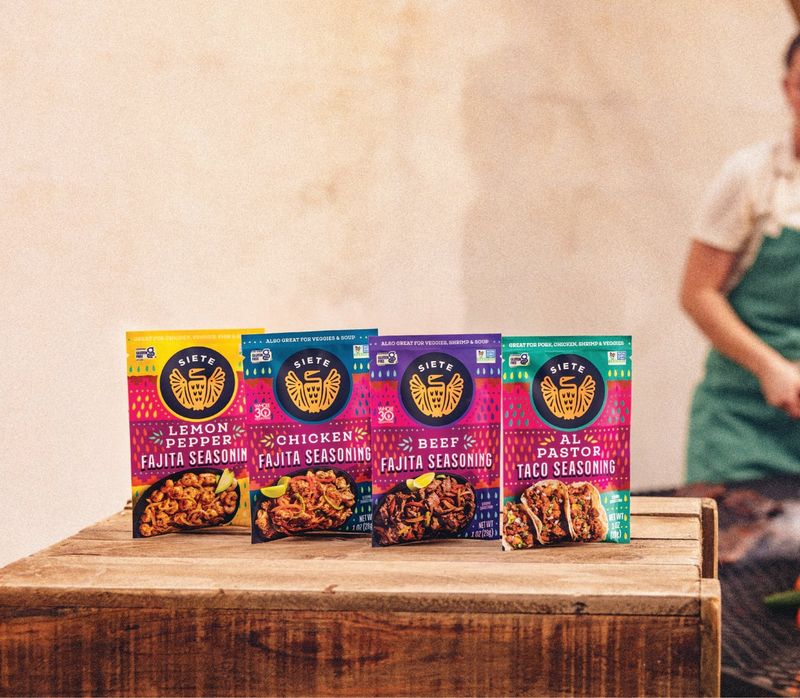
Introducing our NEW Siete Seasonings!
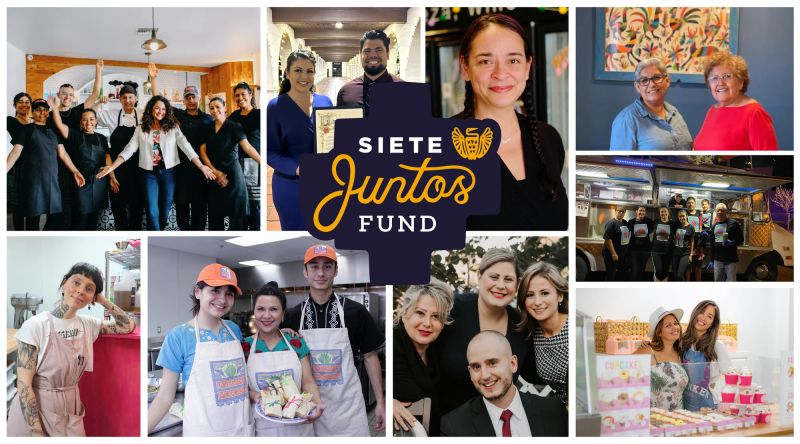
Juntos Fund
Introducing Our 2023 Siete Juntos Fund Recipients!
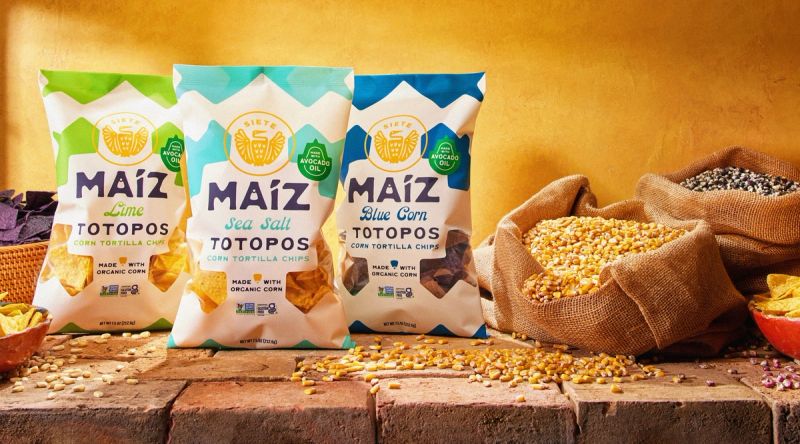
Introducing: Maíz Totopos Corn Tortilla Chips
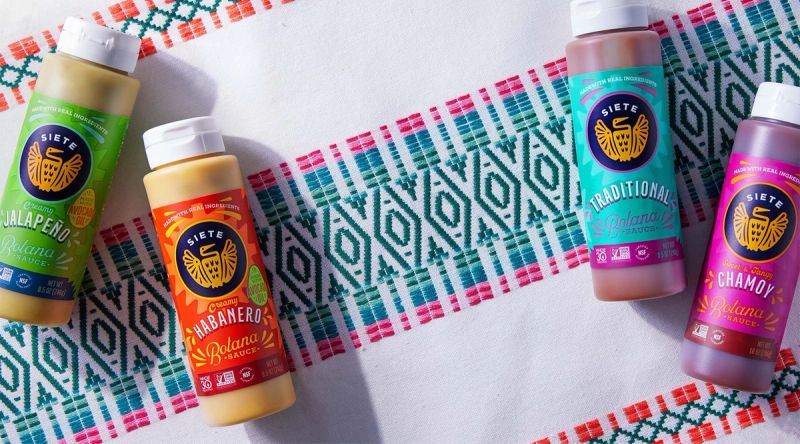
Introducing Our New Line of Botana Sauces!

Juntos Fund
Our 2022 Juntos Fund Recipients
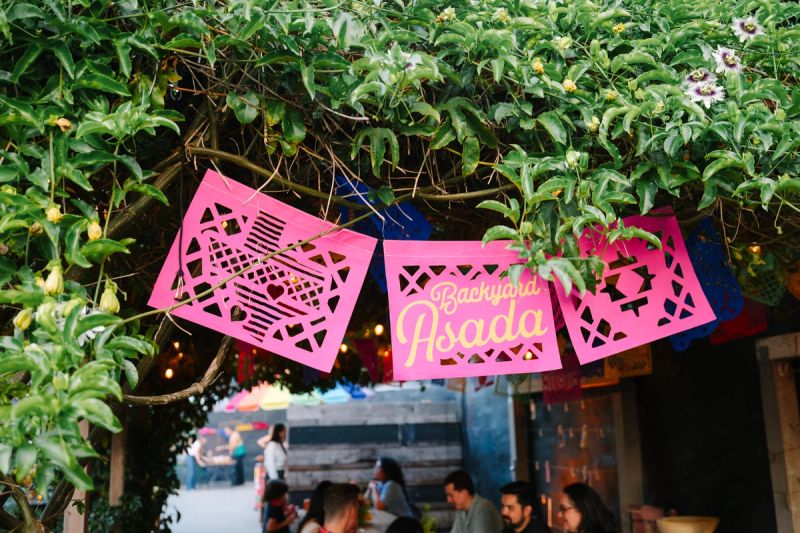
Backyard Asada Season
Recipe Highlight: Chef B Loza's Mole de Olla

Sep 15
During Latino Heritage Month, we celebrate community, culture, and comida! This month and every month, sharing delicious food is our love language. So we're honored to highlight chefs in our community who share their craft through tasty heritage-inspired recipes, too. Chef B Loza shared their recipe for Mole de Olla, a recipe passed down to them by their grandmother, and made their own with seafood in place of beef. By honoring our community's past, we hope to spark the future—together.
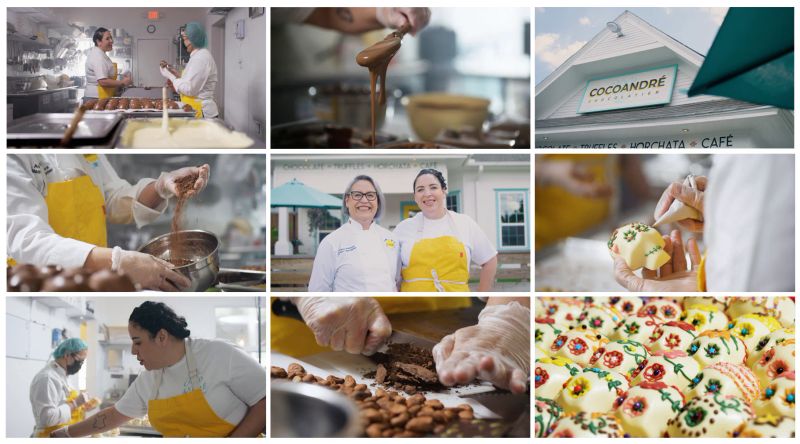
Juntos Fund
Announcing CocoAndré Chocolatier y Horchatería!
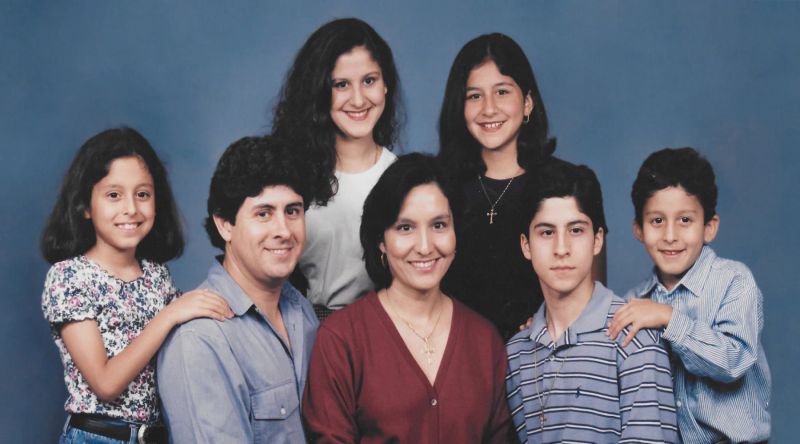
How We Built This
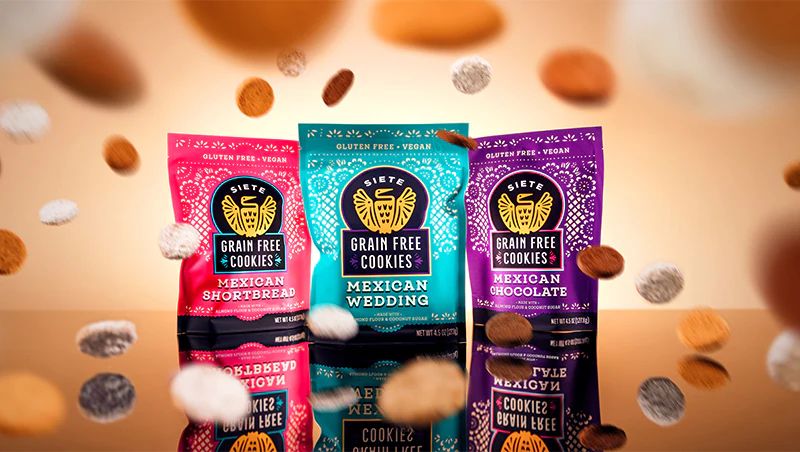
INTRODUCING OUR NEW LINE OF GRAIN FREE MEXICAN COOKIES
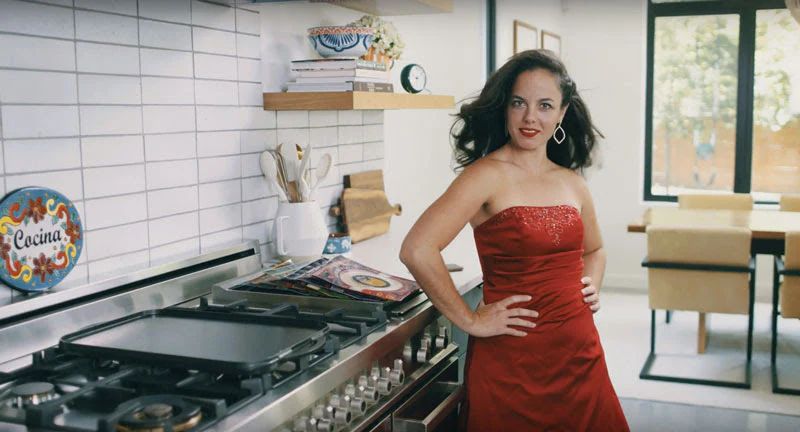
How To Heat Your Tortillas (A Siete Telenovela)
